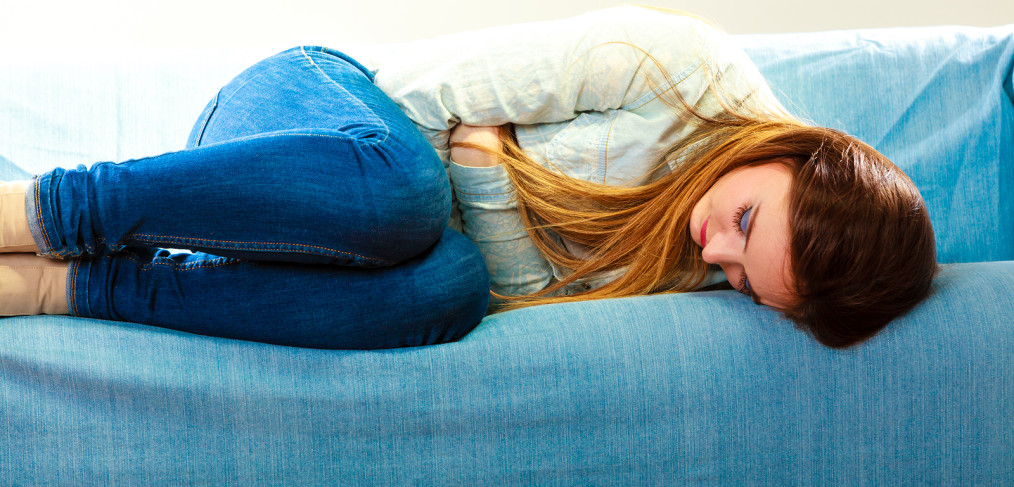
Lack of sleep and brain damage
I stumbled across this article the other day; apparently, prolonged lack of sleep and insomnia can cause the death of brain cells… The “apparent good” news is that scientists think they can probably create a drug to help protect brain cells. Rather than, I hasten to add, help people to sleep better in the first place…..oh well, I guess that is my job!
Is this really the route we’re going down now? Rather than try and work holistically to resolve sleep problems, we’re just going to say, “oh well, we’ll make a drug to fix it.”
I suppose for shift workers, the idea of a drug to protect their brains against the damage caused by that sort of pattern would be a good thing… but for the rest of us why don’t we all just work on getting better sleep instead?
Society in general seems to be heading in this worrying direction whereby we will happily pop a pill to solve a problem, rather than do something constructive to avoid the problem occurring in the first place. We all seem so keen to just find a quick fix, even if it will only solve the problem for there and then and not for tomorrow, next week, next month, next year.
We’ve known for a long time that shift work and working nights was bad for people; the sun sets for a reason, and we are all better off when we aim to stick to natural rhythms of night and day. People who work nights long term confuse their natural circadian clock, potentially causing sleep disorders (surprise!), digestive problems, obesity and heart disease.
There are natural things you can do to help with sleep issues, though. Even if you’re a shift worker and have to be up all night and sleep all day, there are a lot of things you can do to try and restore that balance. Certain yoga postures before bed can help to relax you, and sun salutations when you get up can help to wake you up. If you’ve had a restless sleep, there are things you can do to try and recover, ready for your day. There are also simple things you can do before you go to bed, to try and ensure a restful night. Things like avoiding caffeine and sugar before bed, and switching off the TV (or laptop) a good few hours before bed really do make a difference.
I am a firm believer in exhausting all natural, holistic avenues before reaching for chemicals to resolve a problem. I know what it’s like to be sleep deprived and fed up, but I really believe that you can make simple changes to your lifestyle to resolve an issue.
Love
Anandi
